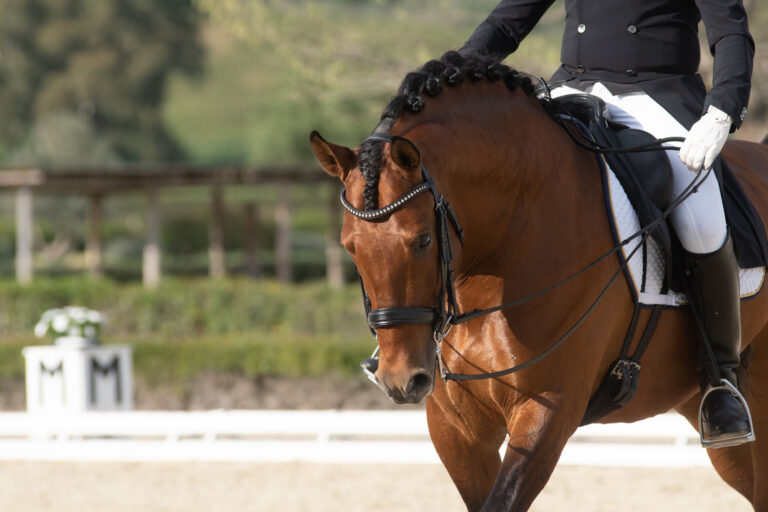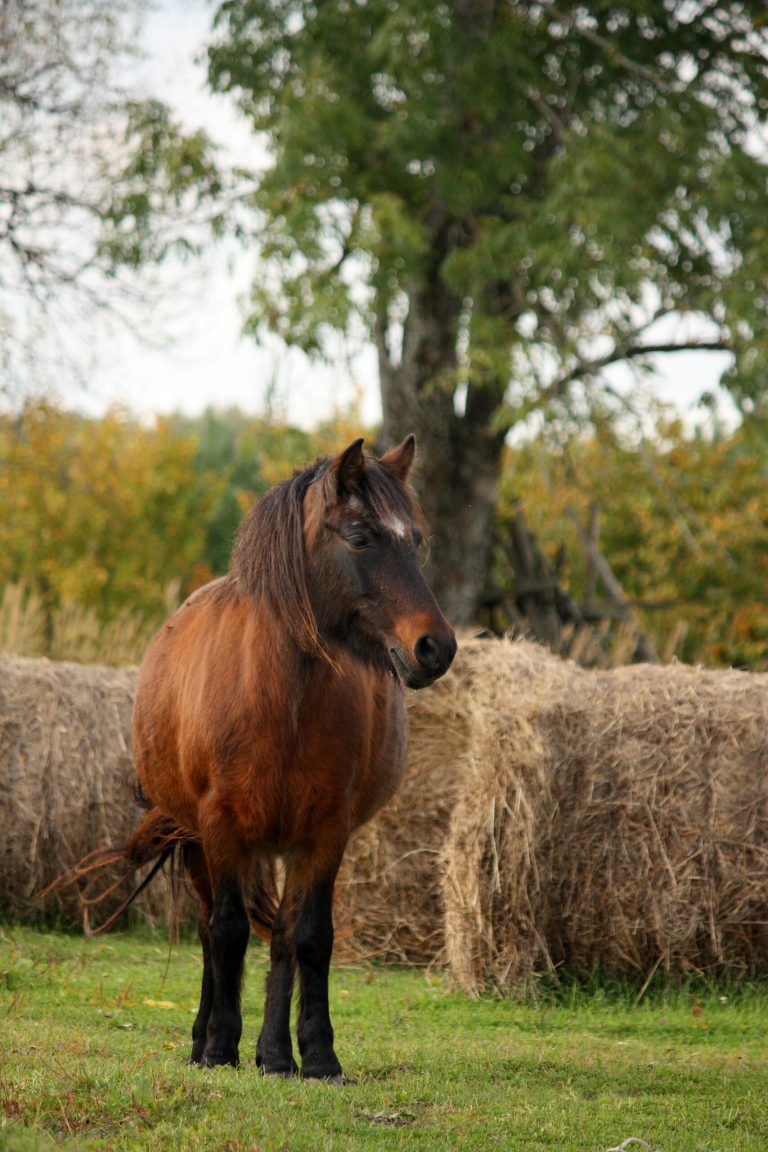
“It’s not what you do, it’s why you do it.”
The phrase popularized by inspirational speaker and author Simon Sinek may guide insights into a successful modern equine internship. When examining the “why” of an internship program, what comes to mind? Education? Mentorship? Excellence in equine practice? Modeling authenticity and sustainability? Discounted labor? Help filling emergency coverage? Someone to provide overnight treatments? It is easy to identify the disparity in the former versus the latter sentiments. Given the current climate of retention and recruitment in equine practice, it is time to challenge ourselves to find a greater “why”—or conversely, evaluate if an internship program is truly the best way to meet the needs of both practices and participants.
Universal Internship Characteristics
While the “why” will be personal for each program, some characteristics resonate universally. Intentional and authentic role modeling to interns and early career practitioners is critical as these new colleagues find their own passions in equine practice. Strong programs should strive to instill confidence, curiosity, and independent thought while providing a safety net to avoid “learning the hard way” whenever possible. Emphasizing the importance of creating a strong team and what it means to be an effective leader can be shown through daily demonstration of these characteristics by practice leadership and associates.
By modeling a sustainable career in equine practice and avoiding the idealization of hustle culture, sleeplessness, and lack of professional boundaries, we can combat the belief that excellence in our profession requires these behaviors. On the flip side, it is critical to be honest that the job of an equine veterinarian is both wonderful and sometimes difficult. Despite our best efforts, we commonly do not achieve a perfect outcome, errors happen, and it is called practice for a reason. We are human, and our sole identity does not have to be tied to being a veterinarian for us to be exceptional, caring practitioners. When young colleagues can see their future selves in us, they may have more confidence that their intended careers are a sustainable path.
Formal and Informal Feedback
Formal and informal feedback is crucial to the mentorship process. Reviews at set intervals throughout internships allow the opportunity for both self-assessment and constructive criticism from the senior clinicians and practice support staff. In-person meetings outlining strengths and opportunities for improvement and growth tailored to each individual intern should be provided to help progress towards specific goals. Immediate, direct feedback concerning case management and technical skills will also help interns acknowledge their strengths and weaknesses and adjust to improve daily. Assigned mentors in the practice can provide a personal and professional connection. Routine exit interviews allow interns to reflect on their experience within the program and the practice to continue to optimize the internship experience for future classes.
Prioritization of Mentorship
Overall, what makes some internship programs more successful than others? Prioritization of mentorship over the provision of inexpensive labor is critical. Using interns as the doctors they are and avoiding frequent use in technician roles is also obvious. Emphasis on a progressive transition to primary case responsibility with oversight and support of senior clinicians, along with learning through journal club, teaching rounds, continuing education, leadership training and financial literacy are goals for excellent programs. Adherence to humane working hours and reasonable on-call expectations should be the standard, not the exception. A practice culture that supports psychological safety allows interns to acknowledge and grow from mistakes. Role models who exhibit vulnerability benefit all staff, not just interns. And finally, a program that understands the logic of providing a living wage (at minimum) for individuals with a professional level of education will likely see more interest in their internship over time.
This list might leave veterinary leadership asking, “What’s in it for my practice?” Improved sustainability in our profession, excellent young associates who function as confident doctors, and ultimately maintaining an adequate volume of veterinarians to provide uncompromised care for the beloved horse are long-range outcomes that likely resonate with the “why” for all of us.




